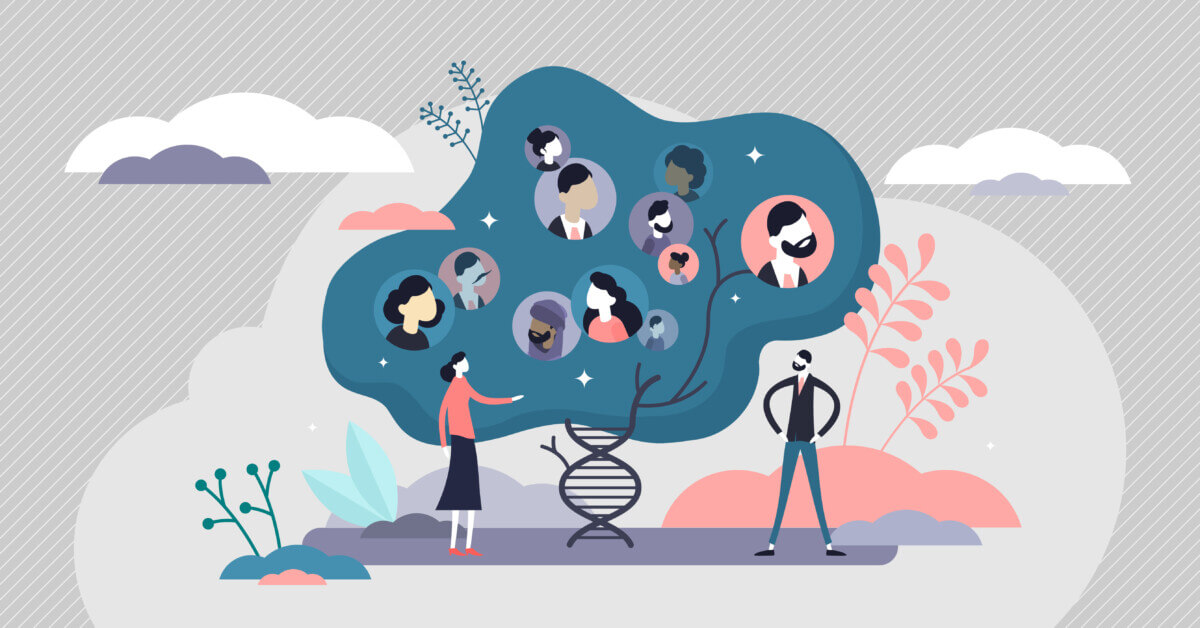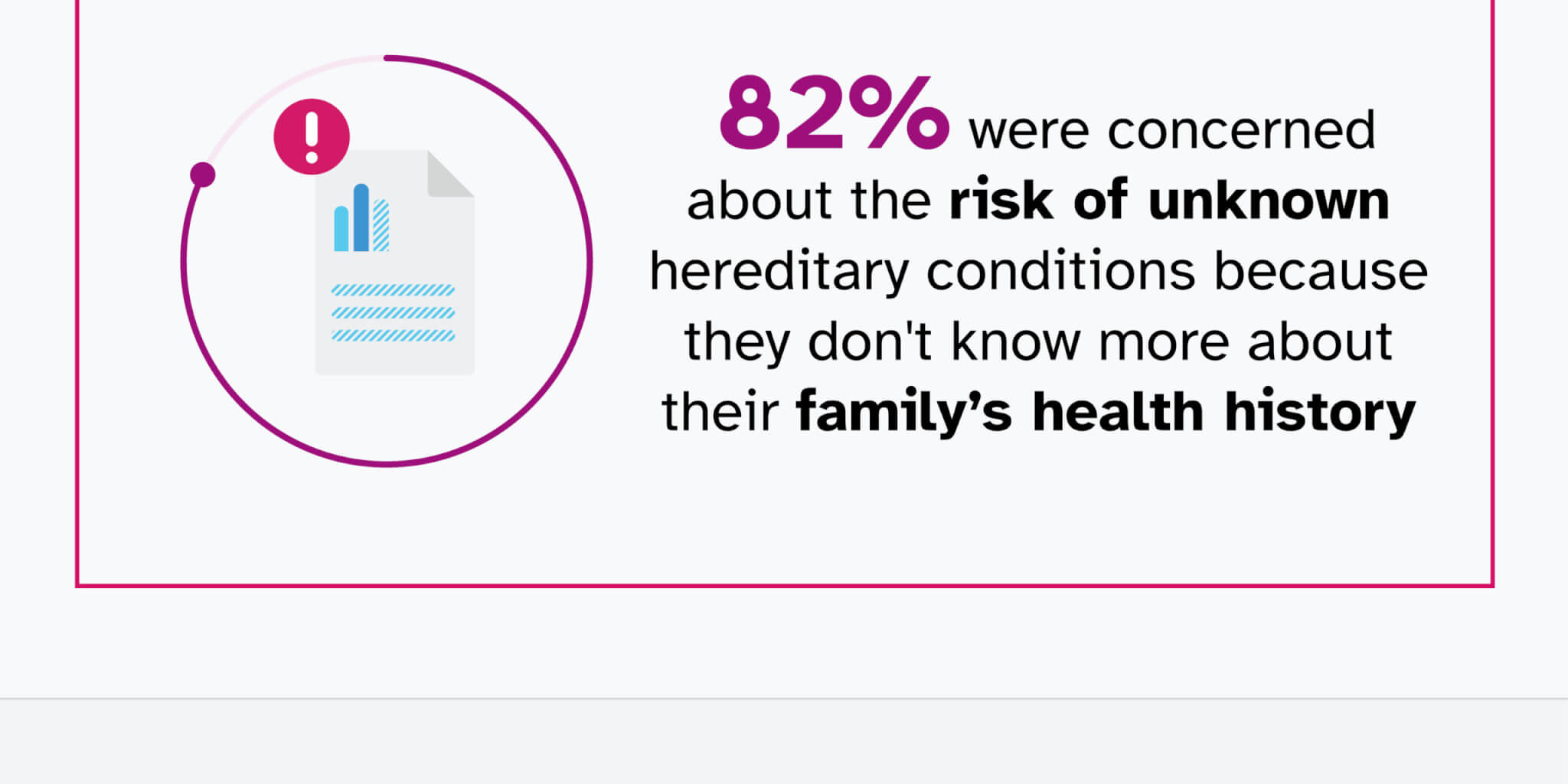
Family tree (© VectorMine - stock.adobe.com)
NEW YORK — The apple doesn’t fall far from the tree, right? That may be why two in five American parents think they know everything there is to know about their biological family’s health history, a new survey reveals.
Less than half of parents polled (38%) know all of their biological family’s health history. However, nine in 10 agree that having awareness of this is an important part of knowing their own health risks.
That’s according to a recent poll of 2,000 U.S. respondents from a nationally representative sample for age, gender, region, and ethnicity, about 90 percent of whom self-identified as parents. Over eight in 10 (82%) parents surveyed are concerned about the risk of unknown hereditary conditions because they don't know more about their family’s health history.
Conducted by OnePoll on behalf of 23andMe, the survey also suggests that American parents are as likely to have complete medical information for their father as their mother (67% and 64%, respectively), but by the next generation, those numbers drop.
Parents surveyed were less likely to have records for their paternal grandparents (38% grandfather and 19% grandmother) than they are for maternal grandparents (49% grandfather, 44% grandmother).
How do people study the family tree?
For those who can’t connect with their biological relatives or who are looking for further, more in-depth information about their health history, there are other options. Half of the parents polled (51%) have researched historical and medical records to learn more about their family.
Another 52 percent of parents polled have taken a DNA test for health information. Eighty-one percent say this is important in helping fill gaps they have about their biological family’s health history.

“If you have the ability to discuss your family’s health history with an actual living family member, don’t squander that opportunity,” says VP, Genomic Health at 23andMe Noura Abul-Husn, in a statement. “It can be a difficult conversation, and maybe they won’t have complete information to share, but every little bit can help bring you closer — and healthier — together. As beneficial as those conversations can be, DNA tests can also fill in the gaps, providing information even your relatives might not be aware of.”
Of those who have taken a DNA test, 76 percent said they’ve adopted healthier behaviors as a result. Common DNA-inspired habits — for parents who have made healthy changes after taking a DNA test — included eating healthier (70%), improving stress and mindfulness (67%), and getting more exercise (67%).
DNA test or not, 46 percent of parents rate their overall health as “very healthy,” but only 39 percent strongly agree they’re in control of their health. Roughly three in four (78%) were confident that they have the information they need to be proactive about their future health.
“Genetic testing is an underutilized tool available for people to uncover important health info about their family and themselves,” adds Abul-Husn. “Genetic testing can’t tell you the future, of course, but it can help you determine potential risk factors that you might not have known about, so you’re able to make better-informed choices for yourself and your family.”
Survey methodology:
This random double-opt-in survey of 2,000 Americans — from a nationally representative sample for age, gender, region and ethnicity, about 90 percent of whom self-identified as parents — was commissioned by 23andMe between April 20 and April 21, 2023. It was conducted by market research company OnePoll, whose team members are members of the Market Research Society and have corporate membership to the American Association for Public Opinion Research (AAPOR) and the European Society for Opinion and Marketing Research (ESOMAR).












Fear and anxiety are normal. The bounded between normal and pathological is fuzzy.
Some diseases are spontanious while others can start in middle age. If couples know about family diseases they should remain child free.